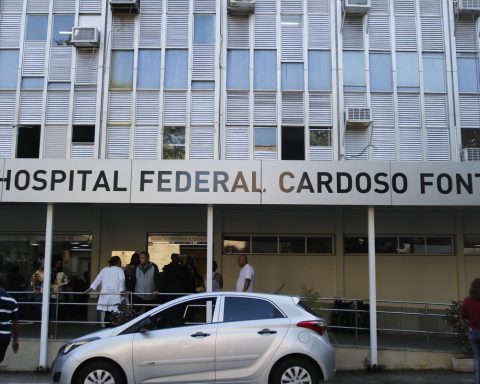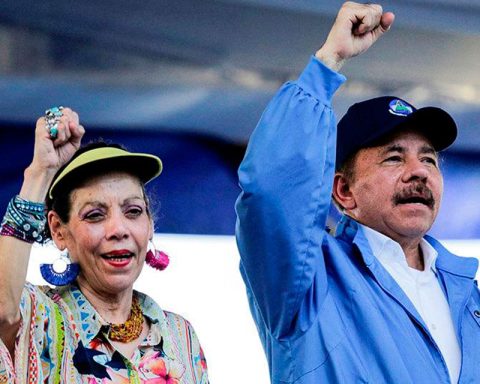Almost three weeks after being presented, the new fiscal framework that will replace the spending ceiling was delivered this Tuesday (18th) to the National Congress. The delivery took place at a closed event at the Planalto Palace, with the participation of President Luiz Inácio Lula da Silva; the Minister of Finance, Fernando Haddad; and the presidents of the Chamber, Arthur Lira, and of the Senate, Rodrigo Pacheco.
The complementary bill will have adjustments, which clarify points not disclosed at the end of March. The main change concerns extraordinary collections, which will not be considered in the calculation of the real growth limit (above inflation) of 70% of revenues, limited to an interval between 0.6% and 2.5% above inflation.
The economic team decided to include the measure to prevent atypical revenues from running the risk of becoming permanent expenses. Revenues to be excluded from the calculation are the following: privatizations, concessions, permits, royalties (exploitation of natural resources) and dividends from state-owned companies.
Exceptions
Another change concerns the types of expenses that may be excluded from the new fiscal rule. Initially, the government had announced its intention to exclude from the framework only the nursing floor and the Basic Education Maintenance and Development Fund (Fundeb).
Now, the precatories agreements (debts with final judgment of Justice) to be paid with a discount, the expenses related to the elections and the capital increases of the Union to non-financial state companies and not dependent on the National treasure.
The current spending ceiling provides for the exclusion of state-owned companies that are not dependent on the Treasury and electoral spending from the spending limits and spending of the Electoral Justice. The complementary bill, however, will keep contributions to official banks within the fiscal rule. The change aims to reduce the space for mega capitalizations in public banks, as was done between 2009 and 2015 with the National Bank for Economic and Social Development (BNDES).
Spending on socio-environmental projects or related to climate change funded with donations, as well as expenses with projects funded with resources resulting from judicial or extrajudicial agreements signed due to environmental disasters will also be outside the fiscal framework, according to government officials.
The change allows the Amazon Fund to remain outside the new framework. Expenses of federal educational institutions funded with their own income, donations or agreements will also be outside the norm. Environmental spending and donations to federal universities were already outside the spending ceiling since the Transitional Constitutional Amendment.
Investments
Regarding investments (public works and purchase of equipment), the government included a lock. From 2025 to 2028, if the government saves more than the upper band of the primary surplus target established by the framework, up to R$ 25 billion can be reallocated to investments. The original proposal presented at the end of March provided that all the surplus could be used for investments.
The objective of the change, according to the Ministry of Finance, is to accelerate the reduction of the public debt at times of high economic growth. This amount of R$ 25 billion will be restated year after year by the Extended National Consumer Price Index (IPCA). The floor of R$ 75 billion for investments, also adjusted annually by the IPCA, is maintained.
Inflation
In relation to the original proposal, there was also a change in the period of the inflation index that will correct the increase in expenses. The system in force was maintained in the current spending ceiling, which considers the IPCA calculated from January to June and an estimate from July to December. This will give the current government a small advantage in 2024, in case the IPCA falls until mid-2023 and rises again before the end of the year.
Regarding revenue growth, however, the new framework will consider inflation between July of two years before and June of the previous year. This is the same rule that was in effect until 2021 in the spending cap, which limited federal spending growth to inflation. The interval was changed with the Constitutional Amendment of Precatories.
The new fiscal framework will limit real growth (above inflation) in expenditures to 70% of real growth in net revenues (less transfers to states and municipalities) in the accumulated 12 months.
parameters
Another change in the framework concerns the inclusion of the parameters of the new fiscal rule in a supplementary bill, which requires approval by an absolute majority in Congress. Originally, the proposal was to send the new rules through a supplementary bill and the parameters through an ordinary bill, which requires a simple majority in Congress (half plus one of the legislators present).
For the next four years, however, the parameters will also be sent through a supplementary bill. The economic team gave the possibility for the next government to establish the parameters by means of a simple bill. According to the Ministry of Finance, the change was aimed at demonstrating greater rigor in complying with the new framework and making changes by Congress more difficult.















